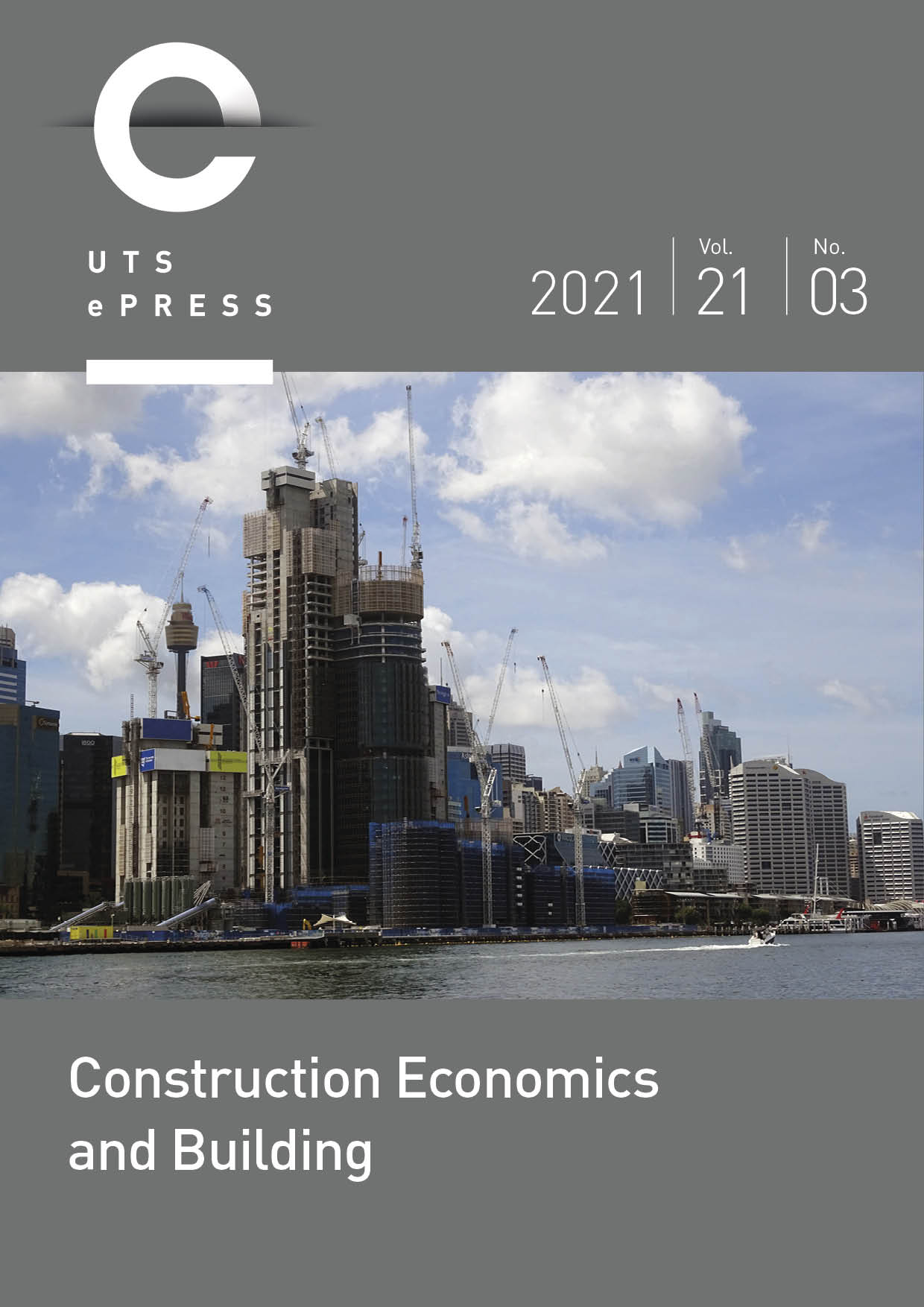A Project Life-Cycle Readiness Approach to Manage Construction Waste in Jordan
Main Article Content
Abstract
The construction industry is well-known for generating the largest amount of waste amongst other industries, which significantly pollutes the environment. This study, therefore, examines the causes and sources of waste in construction projects, considering activities, inputs, and outputs of each phase of the construction projects’ lifecycle (i.e., concept, definition, deployment, and transition). Thirty semi-structured interviews were conducted with professionals in construction projects in Jordan, including architects, contractors, and project administrators. The findings reveal that waste resulting from construction projects passes across several organized operations from generation to final disposal. Furthermore, waste is generated in small amounts at the early stages of the project construction but grows as the project progresses towards the end. This paper’s key contribution is to supplement the literature on waste management solutions by providing a holistic approach to tackling waste at its root by including waste management strategies across the project lifecycle phases, not only during the construction phase. This is done with a management readiness view to develop a suitable strategy for construction waste minimization and improve the management of construction projects. This study’s practical implication is providing a holistic waste management framework for practitioners to adopt in the early stages of the project.
Article Details
Section
Authors who publish with this journal agree to the following terms:
a) Authors retain copyright and grant the journal right of first publication with the work simultaneously licensed under a Creative Commons Attribution License that allows others to share and adapt the work with an acknowledgement of the work's authorship and initial publication in this journal.
b) Authors are able to enter into separate, additional contractual arrangements for the non-exclusive distribution of the journal's published version of the work (e.g., post it to an institutional repository or publish it in a book), with an acknowledgement of its initial publication in this journal.
c) Authors are permitted and encouraged to post their work online (e.g., in institutional repositories or on their website) prior to and during the submission process, as it can lead to productive exchanges, as well as earlier and greater citation of published work (See The Open Access Citation Advantage Service). Where authors include such a work in an institutional repository or on their website (ie. a copy of a work which has been published in a UTS ePRESS journal, or a pre-print or post-print version of that work), we request that they include a statement that acknowledges the UTS ePRESS publication including the name of the journal, the volume number and a web-link to the journal item.
d) Authors should be aware that the Creative Commons Attribution (CC-BY) License permits readers to share (copy and redistribute the work in any medium or format) and adapt (remix, transform, and build upon the work) for any purpose, even commercially, provided they also give appropriate credit to the work, provide a link to the license, and indicate if changes were made. They may do these things in any reasonable manner, but not in any way that suggests you or your publisher endorses their use.
